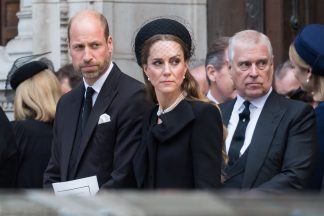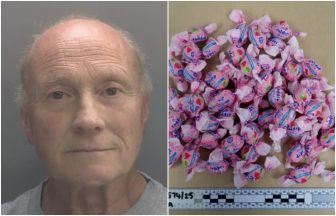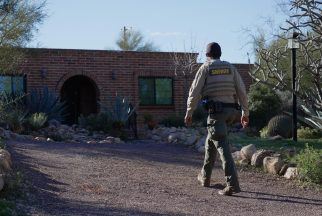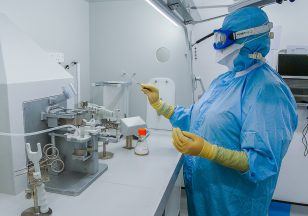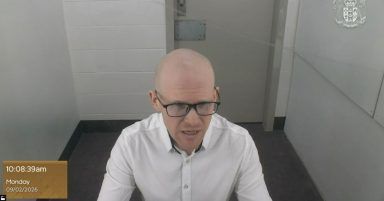An “unusual” presence of blood and swelling was seen in the throat of a baby allegedly attacked by nurse Lucy Letby, a jury heard.
She is accused of attempting three times to kill the infant, Child N, at the Countess of Chester Hospital’s neonatal unit.
Letby allegedly made her first attempt on June 3 2016 and then tried twice more 12 days later – shortly after she started her day shift and again in the mid-afternoon.
A registrar doctor, who cannot be identified for legal reasons, told Manchester Crown Court how he was asked to review Child N from about 7.30am on June 15.
The youngster had suffered a “profound” drop in blood oxygen levels and a falling heart rate.
He said he made three unsuccessful attempts to insert a breathing tube so Child N could be mechanically ventilated.
Giving evidence on Monday, the doctor said: “I saw blood at the back of the throat … that prevented me from seeing where the entry to his airway was.”
He said he also noticed “a degree of swelling”.
Prosecutor Simon Driver asked: “ What did you notice first?”
The doctor replied: “I think I will have seen the blood first because that is such an unusual thing to see at the time of intubation.”
He said he could not see where the blood was coming from or what had caused the swelling.
The doctor told Ben Myers KC, defending, that he had told police in 2018 that he was not sure if he had “inadvertently” caused the bleed during the procedure.
He agreed that because of Child N’s haemophilia – an inherited blood clotting disorder – there was a concern he would bleed.
Another doctor told the court he too could not intubate Child N following a further sudden deterioration in the afternoon, after 3ml of blood was withdrawn from his nasogastric tube.
Dr Huw Mayberry said: “I could see the vocal cords but I was unable to get a very clear view because there was substantial swelling within the airway.
“The swelling was unlike anything I had encountered previously. It looked quite large and reddy-pink in colour.”
Retired consultant paediatrician Dr John Gibbs told the court that Child N was “progressing very well” up until June 15, and he understood he was ready to go home.
However at about 7.40pm, Child N’s blood oxygen levels and heart rate plummeted again.
Chest compressions followed and six doses of adrenaline were given to stimulate his heart before he recovered after about 30 minutes, he said.
Dr Gibbs said the “serious life-threatening deterioration” only improved after a consultant anaesthetist, called from Liverpool’s Alder Hey Children’s Hospital, managed to intubate at his first attempt.
He told the court he “couldn’t understand” why two consultants, two registrars and two anaesthetists had failed previously to intubate Child N throughout the day, but said the adrenaline may have helped reduce the swelling.
Dr Stephen Brearey, the lead consultant at the neonatal unit, said he “could not think of a natural cause” why Child N had multiple deteriorations on June 15.
Alder Hey anaesthetist Dr Francis Potter told jurors that he did not see blood or swelling in Child N’s throat when he successfully inserted the breathing tube.
Following his transfer to Alder Hey, Dr Potter said Child N’s stay was “fairly uneventful”, although there were episodes of “apnoea” in which he would temporarily stop breathing.
Dr Potter said apnoea could simply be a sign a child was unwell or it could have a more specific reason.
He said Child N was breathing for himself and was off intensive care by June 18 before he was discharged later that month.
Dr Potter agreed with Mr Myers that Child N was readmitted on July 3 with further episodes of apnoea, but no explanation was found and the situation settled after he was given breathing support.
In his opening address last October, Mr Myers told the jury that Child N was another baby who received “suboptimal care” and should have been treated elsewhere at a specialist tertiary unit, rather than at the Countess of Chester.
Letby, originally from Hereford, denies the murders of seven babies and the attempted murders of 10 others between June 2015 and June 2016.
Follow STV News on WhatsApp
Scan the QR code on your mobile device for all the latest news from around the country


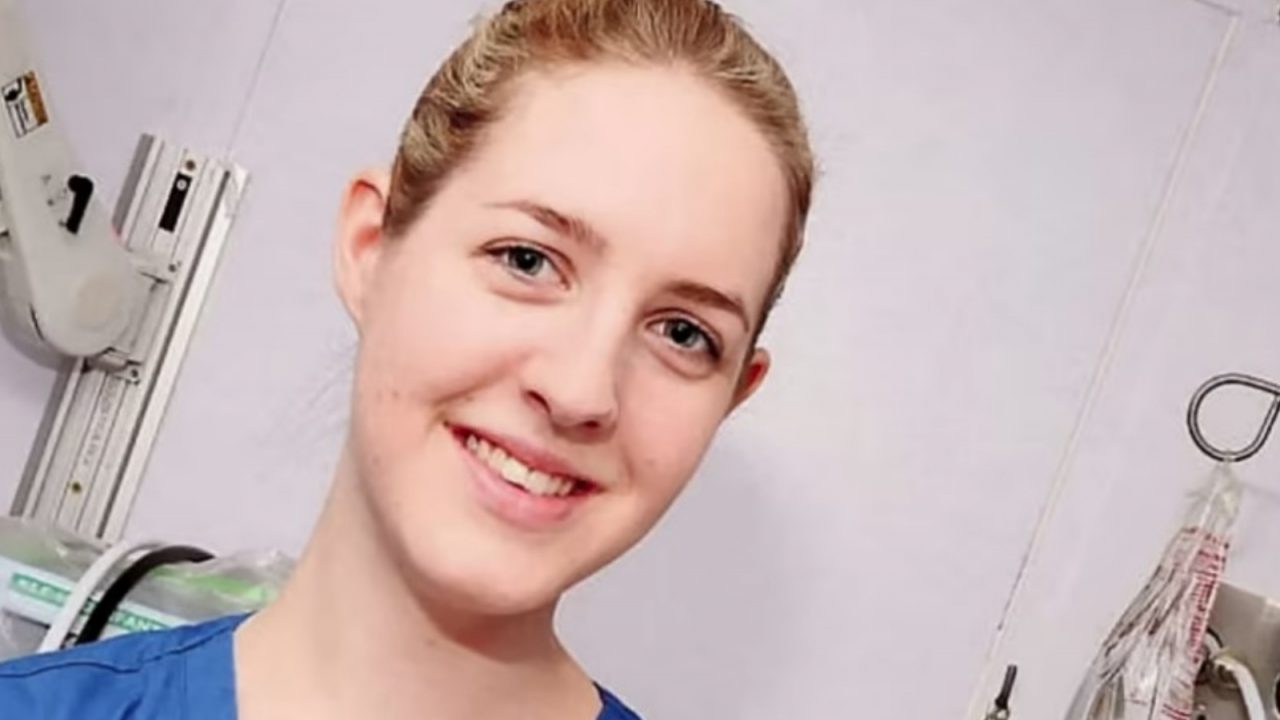 ITV
ITV


















